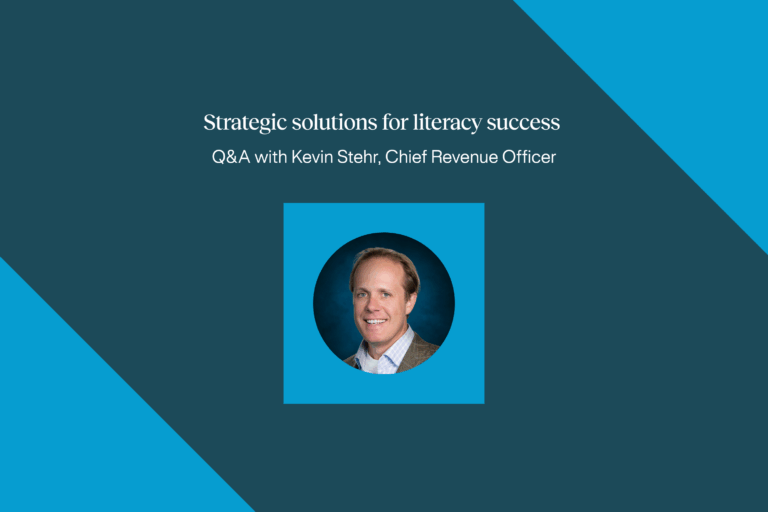Common Core: Unintended consequences

95 Percent Group’s co-founder Susan L. Hall, Ed.D., encourages educators to widen the frame from a laser focus on the CCSS and the standard assessments (PARCC and SBAC) to embrace the many other practices necessary for students to succeed today. She emphasizes the urgency to use data to identify, diagnose, and develop plans to help students who are struggling with reading fundamentals.
I’m as strong of a supporter of the Common Core standards as you’ll find. Our country needs education to be more competitive so that students who are in school now will have opportunities within this global economy to live a lifestyle at least as good as their parents. I refuse to give up on hoping that the American Dream is possible for our young people.
To reach that American Dream, our country needs high expectations for K-12 education and that’s what the standards represent. After all, high expectations are a part of my being. Why else would anyone have the nerve 10 years ago to name a company 95 Percent Group with a tag line of “95% of students reading at grade level…an achievable goal”.
Yet there are unintended consequences of our country’s laserbeam focus on the standards. While getting students to think deeply about rigorous and complex text is the goal, aren’t we losing sight of what it takes to get there? Over the past two to three years schools are dedicating so much of their professional development and collaboration time to the standards and the standard assessments (PARCC and SBAC) that data informed differentiated instruction has been squeezed out.
But it’s not either/or. Classrooms where you can see the most beautifully designed and executed core instruction that embodies the standards will always include some students who aren’t reading at grade level. We continue to need to use data to understand which students are struggling with reading fundamentals and to diagnose and determine a plan to address their pinpointed deficits.
We still need a framework where all students receive a Tier 1 core and some students will need a skills-based Tier 2 or 3 small group block to master missing skills. We need both standards and differentiated intervention instruction. One cannot do the work of the other. Yet they are not coexisting very well now.
Are we willing to focus on the standards at any cost? Teachers feel their job security may be at risk if they don’t learn to teach in a way that supports the standards and prepares students to do well on the assessments (PARCC, SBAC, or other). We desperately need balance. The standards are important and they need to be A focus, but not THE only focus. We need to make room for the standards to fit in with all the other practices necessary for all students to succeed.



